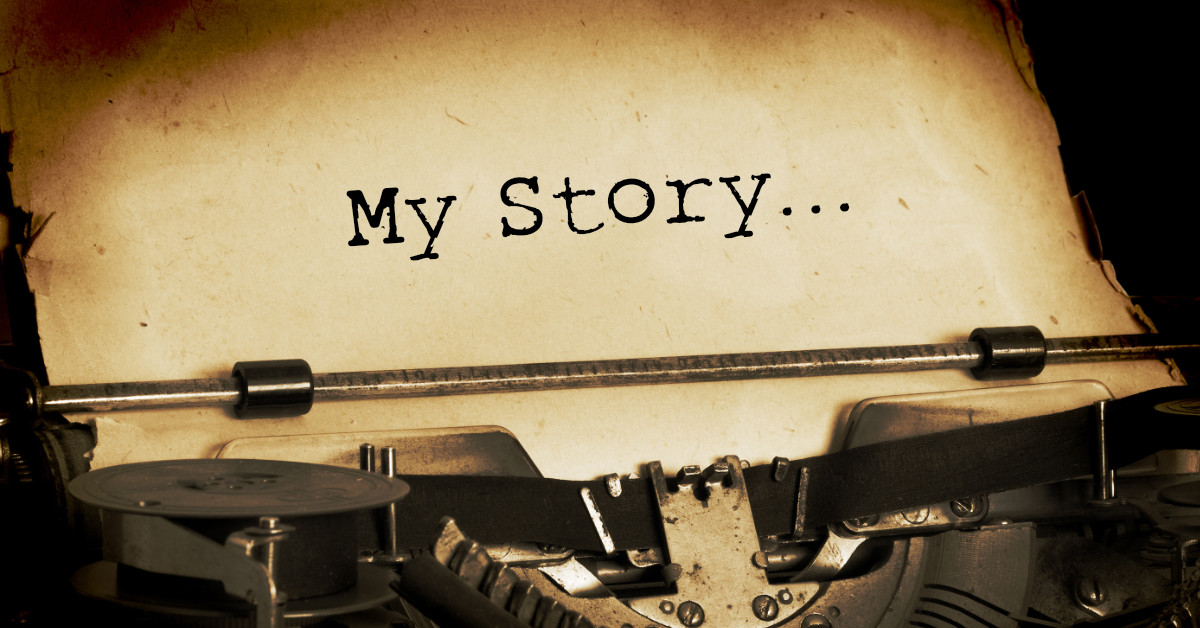5 Tips for Navigating Aggressive Behaviour
#1 Take a breath & find safety.
If your immediate physical and psychological safety is at risk, you may choose to leave the situation or get help. If your inner safety has been rattled, then these leaders suggest you tend to your inner landscape. Consider how you can take care of yourself mentally (what story am I telling myself about this situation?) and physically (what can I do to tend to my body?).
Getting in touch with the values you stand for and your needs can be a powerful way to create the inner safety you need to be able to work through this problem.
#2 Honour the contributions of the other person.
#3 Remember YOU create your own story.
Remember their story is not your story.
Not only is their aggression not yours, you do not have to take on their emotions, projections or experiences. In fact, you get to create your own story in how you respond to the situation.

#4 Move forward together.
In this way, you can move forward in a positive way that honours and respects both of you. In essence, you are inviting the other person to identify their underlying needs and create a new story together.
#5 Negotiate respectful boundaries.
For example, depending on your cultural lens, you may agree to speak calmly and respectfully towards one another. Or you might agree not to throw things, raise voices or use disrespectful language. Only the two of you know what kinds of boundaries make it safe for you. Everyone will come up with something different.
What’s important is that you want to be open to the other person and be specific in boundary setting. Being specific helps make it clear how you expect (and how they expect) to be treated while you work together to solve the issue. Setting clear, respectful boundaries can be a powerful way to find safety and ultimately be the author of your own story and how this particular situation unfolds.
Leaders Also Recommend…
Unpack your basket (of tools).
While tools are handy to have, when it comes to dealing with aggressive behaviour, not every tool is going to be useful for you moving forward. Take some time to reassess your basket of tools—lay it down, take out the pieces that are not useful to you and set them aside. If you are really bold, throw those heavy unhelpful tools in the garbage! Look at each piece and know that you are going to be okay.
Take care of yourself.
Some top suggestions from leaders include yoga, mindful breathing, paying some bills, cleaning your home, reading a book, going for coffee with a friend, volunteering, gardening and sleeping (the last one is the personal favourite of many leaders from our May 2022 cohort
 ).
). Additional support for dealing with aggressive behaviour:
Join the next cohort of the Belonging Matters Conversations For Leaders program. The conversation series offers a safe space for leaders facilitating change so they can connect with themselves & other leaders. Together, they find their footing again to move forward with more energy and confidence in their next best step.
…a sense of safety to deal with the complexities of life…
Belonging Matters Conversations For Leaders is such a useful opportunity to learn from other inspiring leaders. Together we develop and strengthen our tool belts by working through past and present problems we struggle with. Leaning on other leaders to help us cultivate a sense of belonging helps to establish a sense of safety to deal with the complexities of life in our everyday lives.
Jessie is an excellent facilitator and really knows her stuff. She is brilliant in weaving research, personal experience, and anecdotal lessons together seamlessly. As our trainer, I knew I could/can trust that she has the knowledge and experience to guide us through our journey and I never once felt like I was left to sink or swim all on my own.

